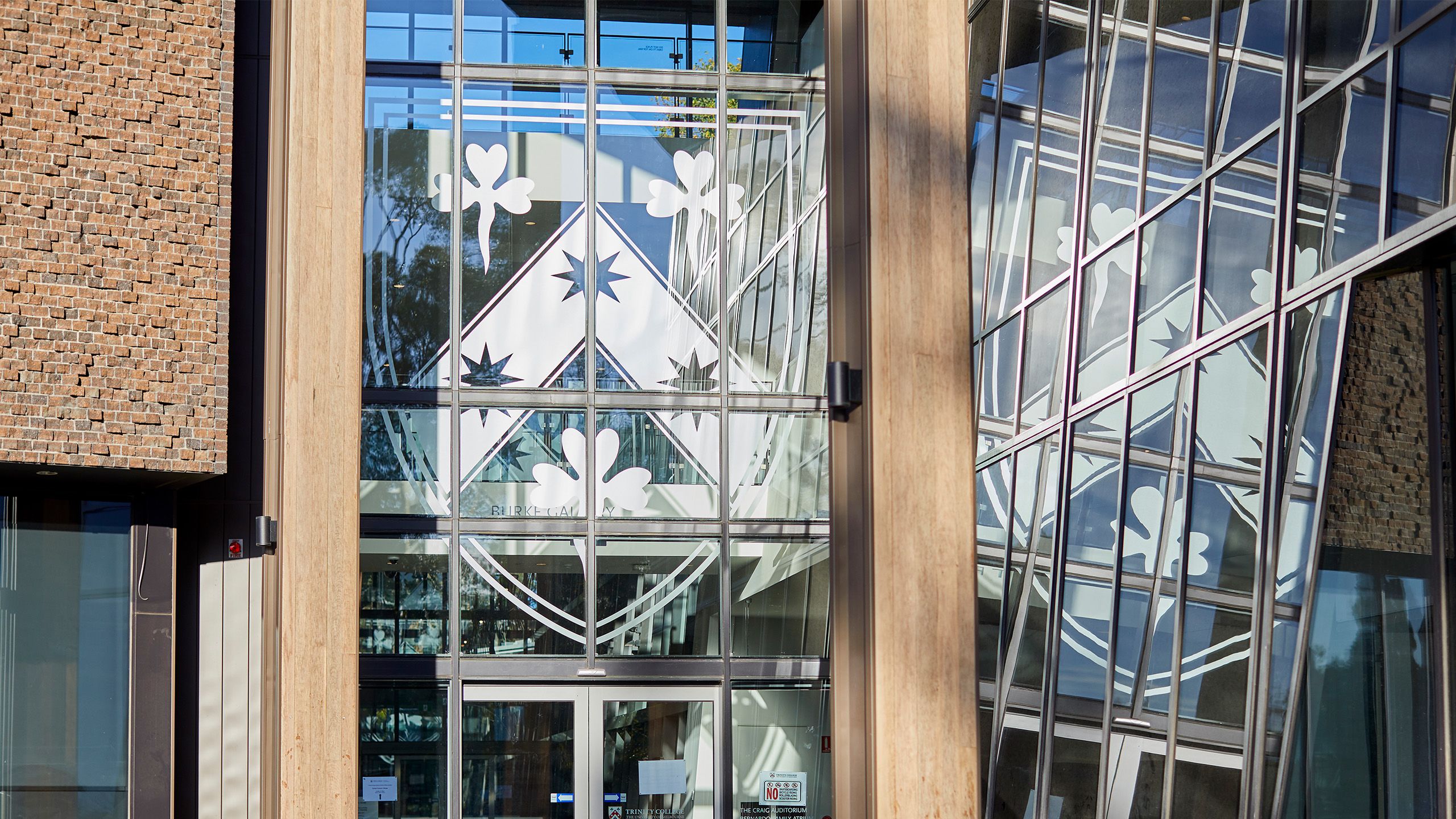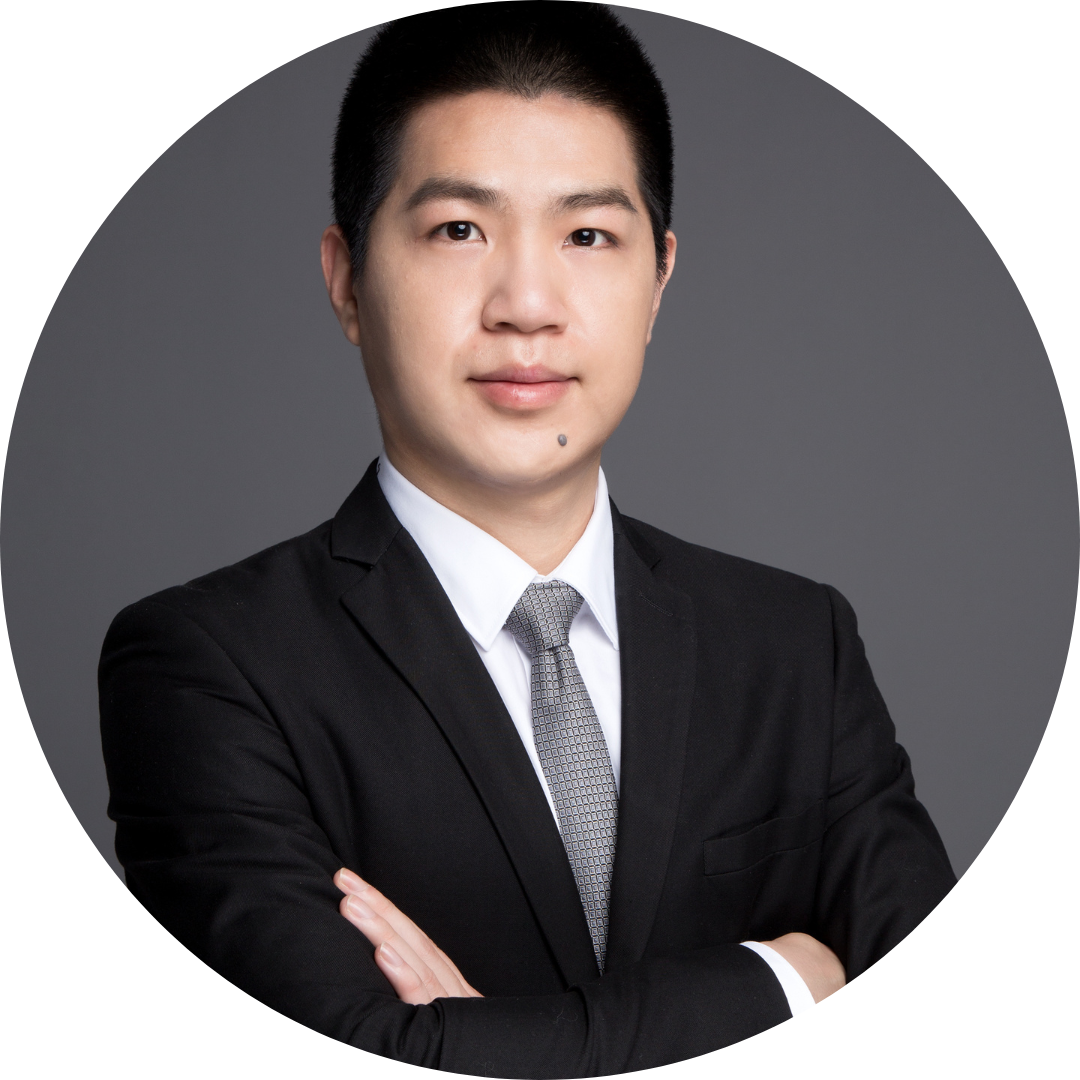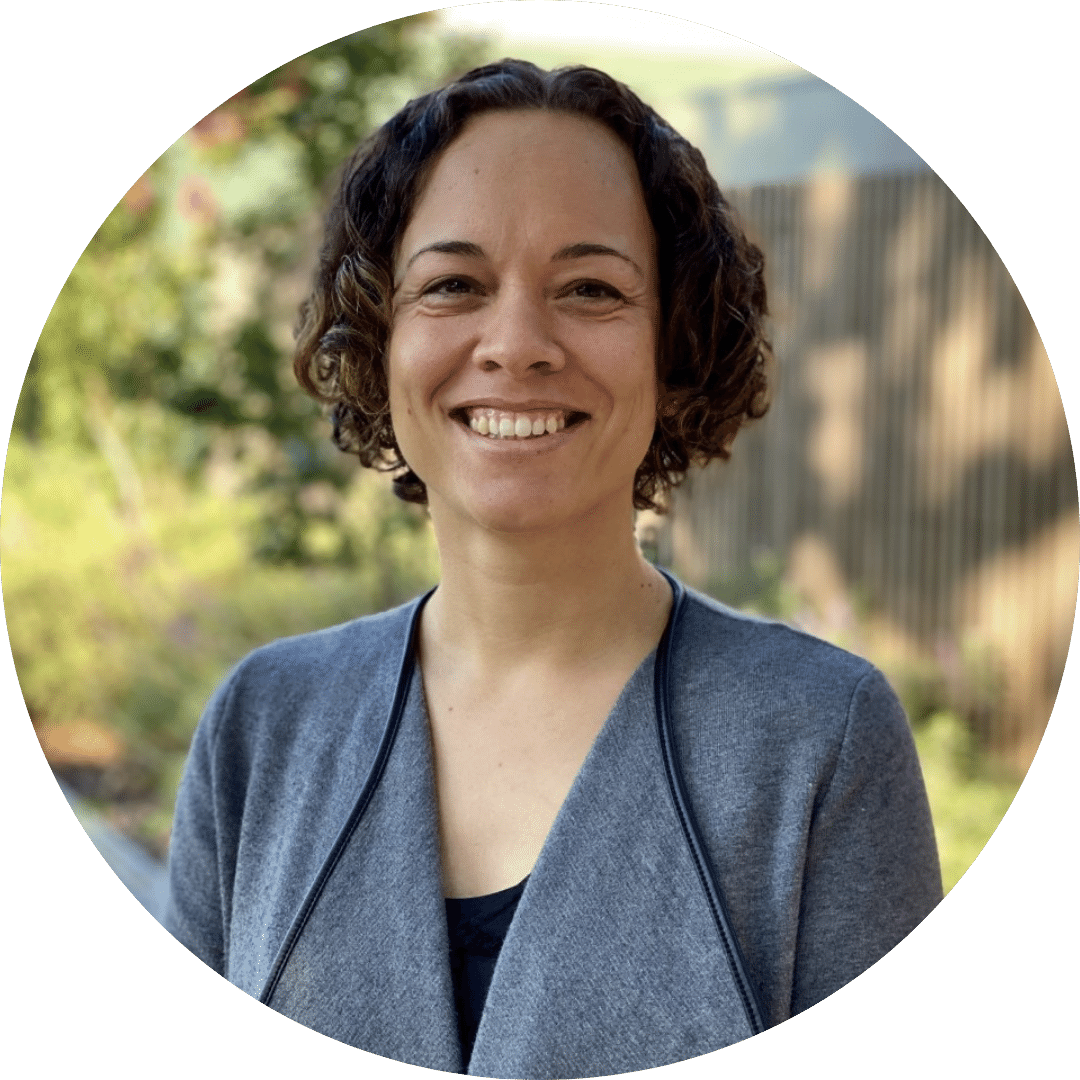Through the looking glass
There is no doubt the education sector was hard hit by the ramifications of COVID, particularly in Melbourne, which endured long lockdowns.
Five education representatives reflect on the COVID era – the challenges faced, innovations implemented and how it is shaping the future.


Building a foundation
Pathways School lecturer Nazanin Ghodrati found one of her greatest challenges during the pandemic was creating a classroom experience for students to feel connected, when all classes were taught remotely.
‘It was easier for the students who were already in Melbourne when the pandemic began because we’d already seen each other and built a rapport,’ she says.
However, many of Nazanin’s students either returned to their home countries when the pandemic was declared or hadn’t left home in the first place.
‘Due to the different time zones, many students were attending classes early morning or late at night, which affected their energy and performance level. I felt it was really important to be flexible when students missed classes or submitted work late.’
Teaching English for Academic Purposes (EAP), Nazanin had always embedded some elements of online resources into the curriculum, so already had a solid basis for remote teaching. Still, COVID took things to a new level.
‘I did need to do a fair bit of pedagogical rethinking, and be more creative in various aspects of my teaching. Activities I had created for face-to-face tutorials took much longer to complete online, so I had to redesign lessons.’
Nazanin believes one of the lasting impacts of teaching her subject during the COVID era is the benefits of utilising a blend of online and real-life activities with the physical classroom.
‘For instance, in-class collaborative writing tasks, where students need to brainstorm and draft a piece of writing together during the tutorial, the immediate verbal feedback is dynamic. On the other hand, when it comes to larger collaborative writing tasks in EAP, such as the group research essay that students need to work on for a few weeks, I find using online tools such as shared Microsoft documents to work best. This is because students will be sharing just one document where they all write, and they can access and review their peers' work anytime, anywhere.’
Inside China
Although Lee Li’s main role as the Australian and New Zealand Destination Supervisor at IDP China (an agent of Trinity College that helps recruit international students) didn’t change during the pandemic, the format of communications and need for flexibility was one of his biggest challenges.
‘When COVID came, our team actually started to operate an online platform to do livestreams to students, as offline communication had been prevented. Previously none of us had the experience or idea how to design, organise, promote, and host a livestream session with prospective students and parents.’
With local lockdowns happening across China, Lee describes how difficult it was for international students who were facing issues of remote learning such as the different time zones, logins and maintaining mental health.

‘Everyone needed to take more responsibility to maintain the system to be able to operate.’
Despite the uncertainty brought about by the pandemic, Lee feels the sentiment towards an overseas study experience remained high. Between 2020 and 2022, Lee and his team helped around 350 students to apply for and enrol into Trinity College.
‘It’s not just about the studying itself, it’s also about the whole experience of living in a foreign environment. It enables graduates to have critical thinking skills and better interpersonal ability, which is very important in the current competitive job market in China.’

Keeping faith
For Theological School lecturer Dr Rachelle Gilmour, Bromby Associate Professor of Old Testament, life was a little different during the pandemic, both professionally and personally.
Online teaching wasn’t new to Rachelle, given the Theological School had been running online classes for almost a decade. Prior to the pandemic, Rachelle had been running two streams for her subject, one online and the other in the physical classroom, so switching to 100 per cent online was a smooth process in terms of curriculum.
‘Virtually all our students are based in Australia, so I didn’t have problems with time zones, and the demographic is mainly postgraduates.’
However, welcoming a baby into the world during the pandemic brought another dimension to Rachelle’s life. ‘My daughter arrived in mid 2021, there was so much joy in having a new born, it soothed my soul.’
With her husband on parental leave, Rachelle returned to work in August, during Melbourne’s sixth lockdown.
‘I was conscious and empathetic of the suffering around me, but in my particular situation, working from home felt like a silver lining.’
Rachelle is philosophical about the COVID era and feels the subject matter helped her students.
‘We look at texts that were written two and a half thousand years ago, there have been a lot of pandemics in that time. Most of the Bible was written in times of crisis.’
With places of worship closed, creating a place online where her students could feel safe to connect with peers and talk about things that were meaningful was important. ‘It was really beautiful to have one or two hours a week as a chilled-out social online discussion.’
Although Rachelle believes there’s something really precious about face-to-face teaching that can’t always be replicated online, she doesn’t feel it’s fair to compare the two modes of teaching.
‘There will always be situations where people can’t get to a physical environment. The broader access online teaching allows means that students who can’t attend a class have an alternative to enable them to fully engage and commit to their studies.’
Wellbeing is everything
Wellbeing Coordinators in Trinity’s Residential College provide support, referrals and education to empower students with skills and strategies to build resilience and help them deal with health and wellbeing issues. As you’d expect, a global pandemic proved quite the challenge for these support staff.
‘A lot of students struggled during lockdowns by not being able to see their loved ones, feeling isolated due to limited socialising opportunities and finding it difficult to make friends or deepen their relationships,’ says Wellbeing Coordinator Mandy Kitchener. ‘Relationships are at the core of our wellbeing and happiness. Our relationship with ourselves, our loved ones, the community we are in.’
Mandy found it was particularly difficult for the cohort in their first year at the College. ‘Moving away from home and starting uni is already a big adjustment. People are wired to connect.’

From conducting anonymous surveys to ascertain how students were feeling, promoting strategies for coping with isolation, to maintaining an ‘open-door’ policy for counselling, Mandy was inspired by how students adjusted.
‘Seeing people being creative and adaptive to stay connected with things like online dinners, walks in the park, and creating interest groups, the focus was on students enjoying their lives in any possible way.’

The bottom line
For the majority of the pandemic, Professor James (Jim) McCluskey AO, in his position of Deputy Vice Chancellor of the University of Melbourne, was also the acting Provost, responsible for making decisions on opening and closing the university and what teaching and research would continue. Additionally, as a board member of Trinity College, he was privy to the impact of the pandemic from a financial perspective.
‘It was a very stressful time for everyone. We of course had a sudden decrease in revenue from international students, which resulted in painful decisions such as staff cuts and abandoning or putting on hold future strategic initiatives.’
Across both Melbourne University and the College, money needed to be spent to enable teaching and learning to continue. ‘The perception out there that online delivery is cheaper and easier is absolute nonsense. It’s probably more expensive to deliver.’
Apart from training lecturers in the dynamics of teaching online, sizeable outlays occurred, especially when the Victorian government eased the lockdown restrictions enabling face-to-face teaching on campus, while many interstate and international students continued online.
‘It was called synchronised blended learning and created a tricky kind of choreography to enable every student to feel a sense of belonging. We needed to change the design of the rooms by adding equipment, IT support and employing teaching assistants so lecturers could manage the online and physical classroom simultaneously.’
Providing health and wellbeing services online was also a focus. And with the majority of the University’s international students and Trinity’s Foundation Studies students hailing from China, professional assistance on the ground was provided.
‘We contracted local Chinese services to support our students who were off shore. Later, when there was more mobility, we opened centres in Shanghai and Beijing and fitted them out with staff, computers and lounge areas to give the students a chance to study somewhere other than their bedroom.’
Jim also notes the COVID era went on for so long, there’s a generation of students with a degree who didn’t ever set foot on the University of Melbourne campus.
‘For a university with its residential colleges, Trinity College as the key one, the notion the campus is your home for a few years is an important stage of development. It’s where students have their eyes opened to the big wide world through the diversity of languages, cultural beliefs, social interactions and form lasting friendships.’
>>> READ NEXT: WHERE THERE'S A WILL, THERE'S A WAY